Vancouver’s skyline reflects a bustling condo market. The Greater Vancouver real estate market has shown signs of cooling in 2025: after years of rapid growth, average condo prices have dipped modestly (around –3 to –4% year-over-year) as inventory rises. By mid-2025 the benchmark apartment price in Vancouver was about $744K, with an average sale price around $786K. In this climate of higher supply and softer prices, buyers must decide carefully whether a pre-sale condo or a resale condo in Vancouver is the better investment. Each option has distinct pros and cons of pre-sale condos versus resale units, and the right choice depends on your timing, budget, and goals.
Vancouver’s Condo Market Snapshot
Vancouver’s condo market has been in flux. In recent years, many new construction condos Vancouver entered the market, increasing supply. Analysts note that condo inventory levels reached record highs by 2025. This means buyers have more listings to choose from and more negotiating power. As a result, condominium prices have moderated. For example, Vancouver condo prices eased roughly 3–4% from the previous year. Higher inventory and slowing demand suggest buyers may even see price incentives or upgrades on new projects.
Even so, Vancouver is still an expensive city for real estate. Many buyers looking to buy a condo in Vancouver face steep prices. According to a local market snapshot (mid-2025), the average condo sale price was just under $800K. With mortgage rates higher than the 2010s, affordability is stretched. In this environment, locking in a good deal is crucial. Some buyers consider pre-sale units as a way to get in at a known price now, while others prefer the certainty of an existing resale. Importantly, resale and pre-sale markets in Vancouver tend to move together. Typically, pre-sales account for about one-fifth to one-quarter of Vancouver home sales. In rising markets, pre-sales climb as buyers try to secure future homes at today’s price. Conversely, when resale inventory swells, some buyers wait rather than commit to a new build.
What Is a Pre-Sale Condo in Vancouver?
A pre-sale condo is a new condominium purchased before construction is complete. In practical terms, you choose a floor plan in a planned or under-construction building and pay a deposit up front. The balance is paid in instalments, with final payment at closing (often 2–3 years later). Developers use these sales to fund construction. In BC, all pre-sale condos include a mandatory 2-5-10 home warranty (covering defects for 10 years). Buyers often pay about 5–10% down at signing, then more as construction milestones are met. Pre-sale buyers lock in the price at signing; if the market rises, the property gains value before you move in, but if prices fall, you still pay the agreed price. During the wait for completion, you don’t yet occupy the unit, so you have time to arrange financing or sell an existing home.
Pros of Pre-Sale Condos
-
Lower Upfront Deposit: You can enter a Vancouver pre-sale with a relatively small initial deposit. Often only 5–10% of the purchase price is due over the first few years.
-
New Home Warranty: All new BC condos come with 2-5-10 home warranty insurance. This means defects in materials, workmanship, or structure are covered (for a few years) at no extra cost.
-
Modern Features and Design: Pre-sale buildings typically offer up-to-date amenities, energy-efficient systems, and contemporary layouts. Many buyers enjoy the ability to select finishes or upgrades during construction.
-
Potential for Appreciation: If Vancouver’s condo prices rise during the build period, your pre-sale unit will be worth more by completion. The contract price is locked in now, so any market gains accrue to you.
-
Time to Plan Finances: The 2–3 year build time can be an advantage. You have time to save for a larger down payment, sell another property, or watch the market.
-
Attractive to Tenants (for investors): Brand-new condos often rent out quickly and at higher rates. Tenants like newer appliances and amenities.
-
Lower Maintenance (initially): Since everything is new, you shouldn’t have to worry about repairs, renovations, or updating systems for years.
Cons of Pre-Sale Condos
-
Long Wait and Uncertainty: Pre-sale purchases often take 2–4 years to complete. Delays are common due to permits, labour, or supply issues. If you need a home sooner, a pre-sale is not suitable.
-
Market and Timing Risk: If the real estate market cools, you still have to pay the agreed price, even if comparable resale units go for less by completion.
-
Unknown Final Costs: The final strata fees, operating budget, and charges may not be set until project completion. Developers often estimate low fees initially, but those may rise later. You also must pay GST (5% of the price) on a new condo, which resale buyers do not pay.
-
Limited Negotiation: Pre-sale prices and deposit schedules are usually fixed by the developer. You generally can’t negotiate much.
-
No “You See Is What You Get”: You’re buying off plans and show suites, so the final product might differ in layout or quality.
-
Large Deposit Over Time: While initial down payments seem low, by the time all instalments are due you might pay ~15–20% before closing.
What Is a Resale Condo in Vancouver?
A resale condo is an existing condominium unit that someone has already lived in or owned. These are often in older, established buildings. When you buy resale, you typically deal directly with the seller or a real estate agent, and the sale closes in a few months. You can move in almost immediately after closing (usually within days or weeks). The unit’s condition, view, and exact layout are known, and you can inspect everything up front.
Pros of Resale Condos
-
Immediate Occupancy: Once your resale purchase closes, you can move in right away.
-
Known Condition: You get to walk through the exact unit before buying.
-
Full Strata Records: Established buildings have records you can review before buying.
-
Stable Financing: You lock in today’s mortgage rate with certainty.
-
Potentially Lower Price: In many cases, resale units can be priced lower than new construction.
-
Negotiation Room: You can negotiate with the seller on price, closing date, and conditions.
-
Historical Data: With a resale condo, you can look at past sales of similar units to gauge value.
Cons of Resale Condos
-
Higher Upfront Funds: Buying resale typically requires the full down payment and closing costs upfront.
-
No New Home Warranty: Most resale condos no longer have the 2-5-10 warranty.
-
Potential Maintenance Issues: Older buildings may have outdated systems or need repairs.
-
Competition and Bidding: Hot resale listings often attract multiple offers.
-
Less Ample Choice of New Amenities: You won’t get the latest design trends or new appliances.
How Pre-Sale and Resale Prices Compare
When deciding which is smarter, consider the total costs. Pre-sale purchases include GST (5% of price) and developer assignment fees, while resale buyers pay Property Transfer Tax but no GST. For example, a pre-sale 1-bedroom for $650,000 (10% down = $65K) vs. a comparable resale for $690,000 (20% down = $138K) shows the resale requires over twice the initial cash. On the other hand, the resale could be occupied immediately, whereas the pre-sale only completes years later.
Condo Buyer Tips for Vancouver
-
Inspect the Unit (or Future Unit): For resale condos, always hire a professional inspector. For pre-sales, bring an inspector to the final walkthrough.
-
Review Strata Documents: Carefully read strata financials and minutes to spot upcoming expenses.
-
Mind the Strata Size: Larger buildings often have lower fees per unit.
-
Ask About the Neighborhood: Check local development plans before buying.
-
Calculate Total Costs: Include GST, PTT, strata fees, and assessments.
-
Get Financing in Order: Talk to a mortgage broker early and ask about rate holds.
-
Work with Experts: Realtors and lawyers can help spot risks and opportunities.
-
Choose the Right Building Age: Many pros recommend buildings under 10 years old.
-
Investing Perspective: Decide if you want cash flow (resale) or future gain (pre-sale).
Pre-Sale vs. Resale Condos: Quick Comparison
| Factor | Pre-Sale Condo Vancouver | Resale Condo Vancouver |
|---|---|---|
| Upfront Costs | Smaller initial deposit (5–10%, paid in stages). GST applies. | Larger down payment required (5–20% at closing). No GST but Property Transfer Tax applies. |
| Timing | Move-in takes 2–4 years after purchase. | Immediate occupancy, usually within 60–90 days. |
| Certainty | Price locked in at contract, but market conditions may change before completion. | Final price, condition, and strata fees are known at purchase. |
| Financing | Mortgage arranged close to completion; risk if rates rise. | Mortgage secured at purchase; monthly costs known right away. |
| Customization | Option to select finishes, layouts, or upgrades during construction. | No customization, but renovations possible after purchase. |
| Warranty | Covered by BC’s 2-5-10 new home warranty. | Typically no warranty unless the building is under 10 years old. |
| Investment Potential | Can appreciate during construction, especially in rising markets. | Immediate rental income possible, with transparent resale property value. |
| Risk Level | Market may drop before completion; potential delays in delivery. | Older buildings may have maintenance issues or special assessments. |
Conclusion: Which Is the Smarter Buy?
A pre-sale condo in Vancouver can be a smart buy if you have time, need a smaller upfront payment, and are comfortable with some uncertainty. It offers the latest features and a chance to lock in today’s prices, but you must wait and accept market risks. A resale condo in Vancouver is the safer route if you need to move quickly, want transparency, and have funds ready for a full down payment.
In summary, choose pre-sale if you can wait and prefer a newer home with gradually paid deposits. Choose resale if you value predictability and speed. In either case, do your homework, check the numbers, and consult experts. By weighing the pros and cons, you can decide which type of Vancouver condo is truly the smarter buy for your situation.
Work With an Expert
If you’re considering buying a condo in Vancouver — whether pre-sale or resale — having the right advice is critical. I’m Adam Chahl, award-winning Vancouver Real Estate Agent with the PLACE Real Estate Team – Oakwyn Realty. I’ve helped hundreds of buyers and investors make confident decisions in the Vancouver real estate market.
???? Reach out today to discuss your goals, compare your options, and get expert guidance on your next move.
Frequently Asked Questions
1. What is the main difference between a pre-sale condo and a resale condo in Vancouver?
A pre-sale condo is purchased before the building is complete, while a resale condo is an existing unit you can tour and move into immediately.
2. Do I pay GST on a resale condo in Vancouver?
No. GST applies only to new construction condos in Vancouver. Resale condos are exempt from GST, though buyers must pay Property Transfer Tax unless they qualify for an exemption.
3. Are pre-sale condos in Vancouver a good investment?
They can be, especially if Vancouver condo prices rise during construction. However, there is risk if the market softens before completion.
4. Can I negotiate the price of a pre-sale condo?
Not usually. Developers set fixed prices, though they may offer perks like upgrades or parking stalls. Resale condos, on the other hand, often allow negotiation with the seller.
5. Which option is better for first-time buyers in Vancouver?
It depends on budget and timing. Pre-sales require smaller deposits spread over time, while resales need larger upfront funds but allow immediate occupancy.
Browse Other Port Moody Communities
MLS® Listings in Port Moody | Homes for Sale
- All Listings
- $300,000 - $400,000
- $400,000 - $500,000
- $500,000 - $600,000
- $600,000 - $700,000
- $700,000 - $800,000
- $800,000 - $900,000
- $900,000 - $1,000,000
- Over $1,000,000



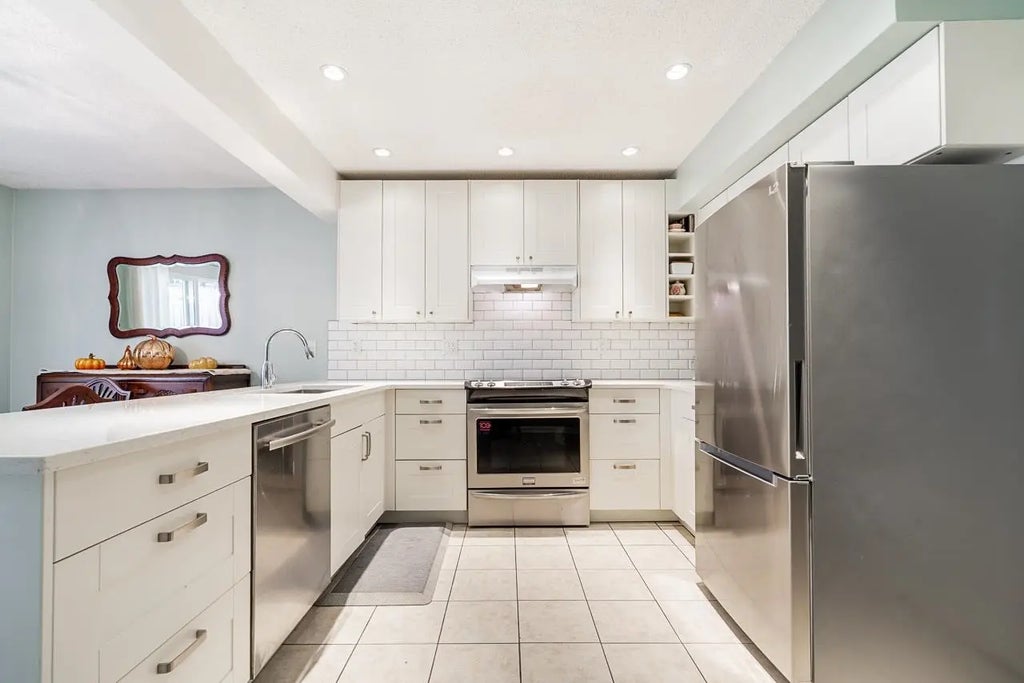

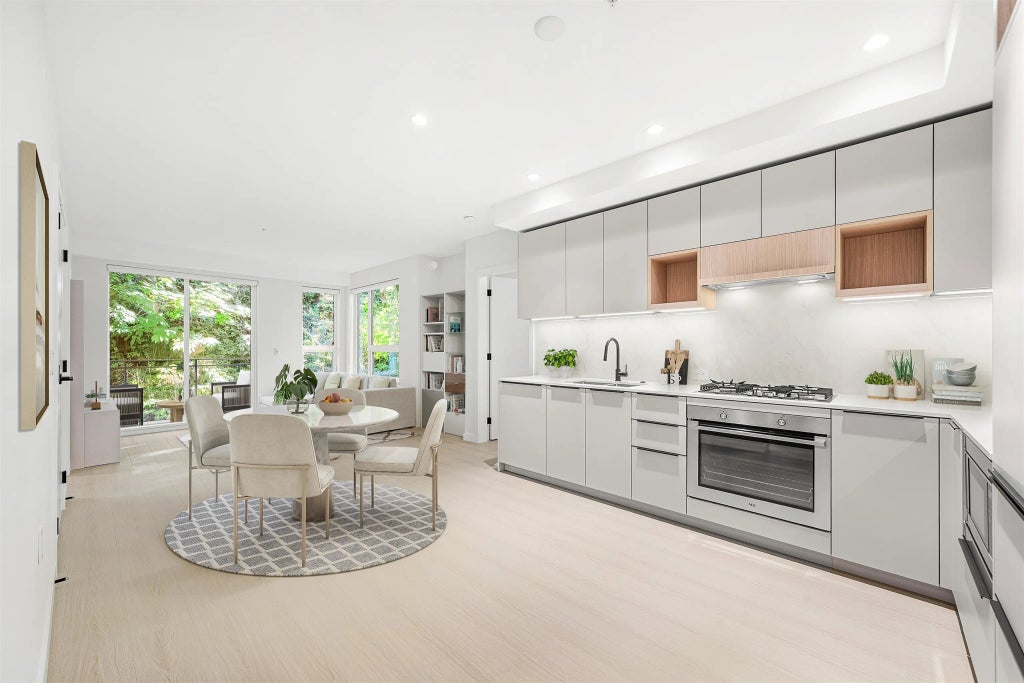
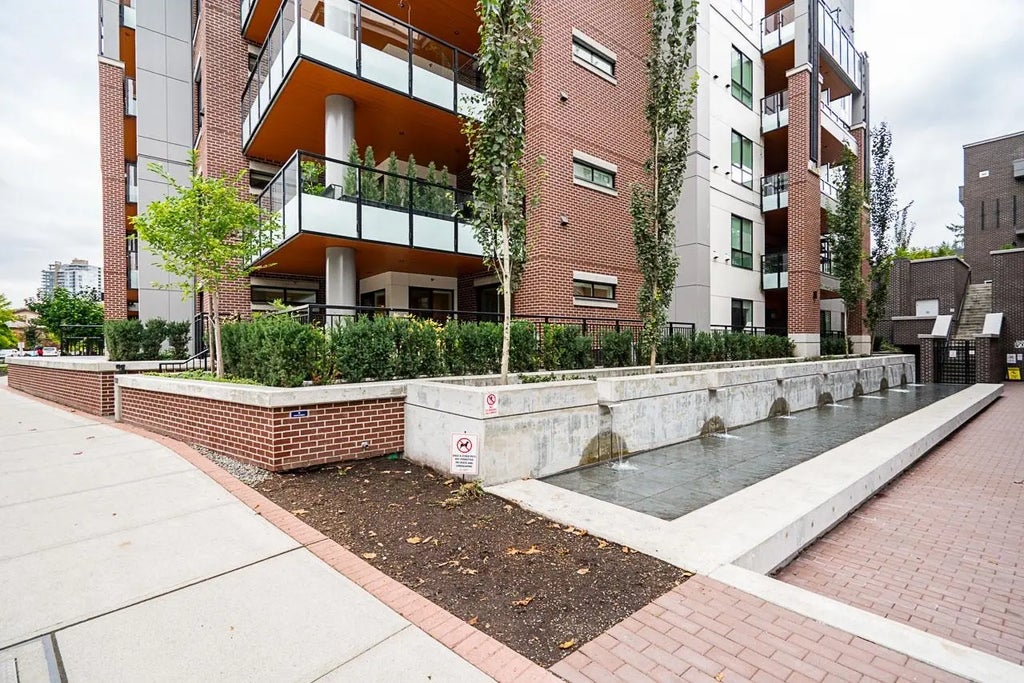
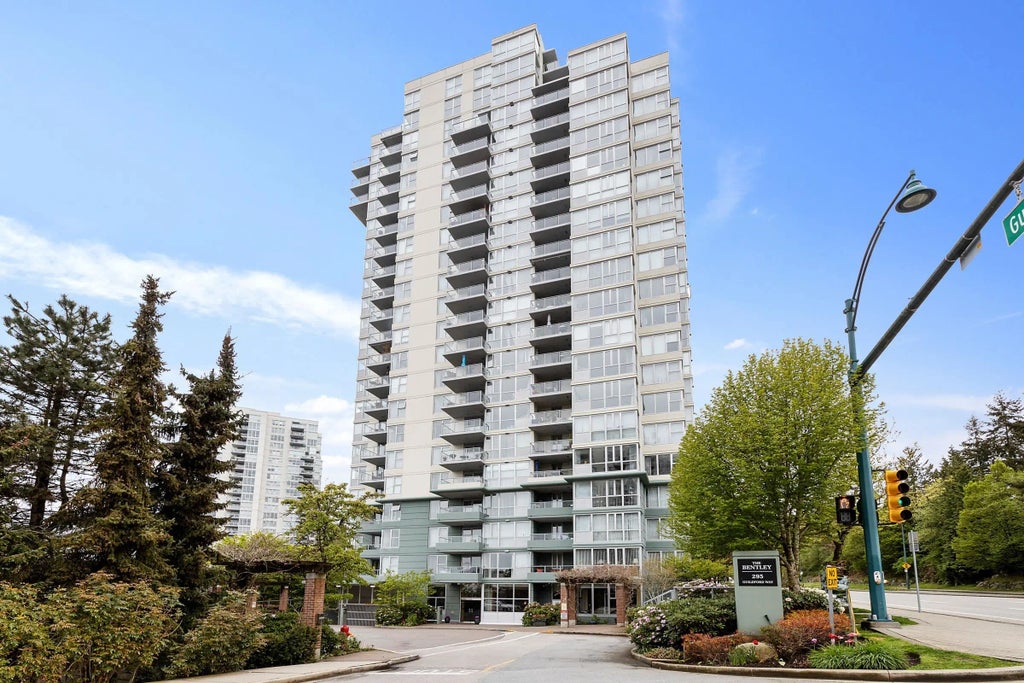
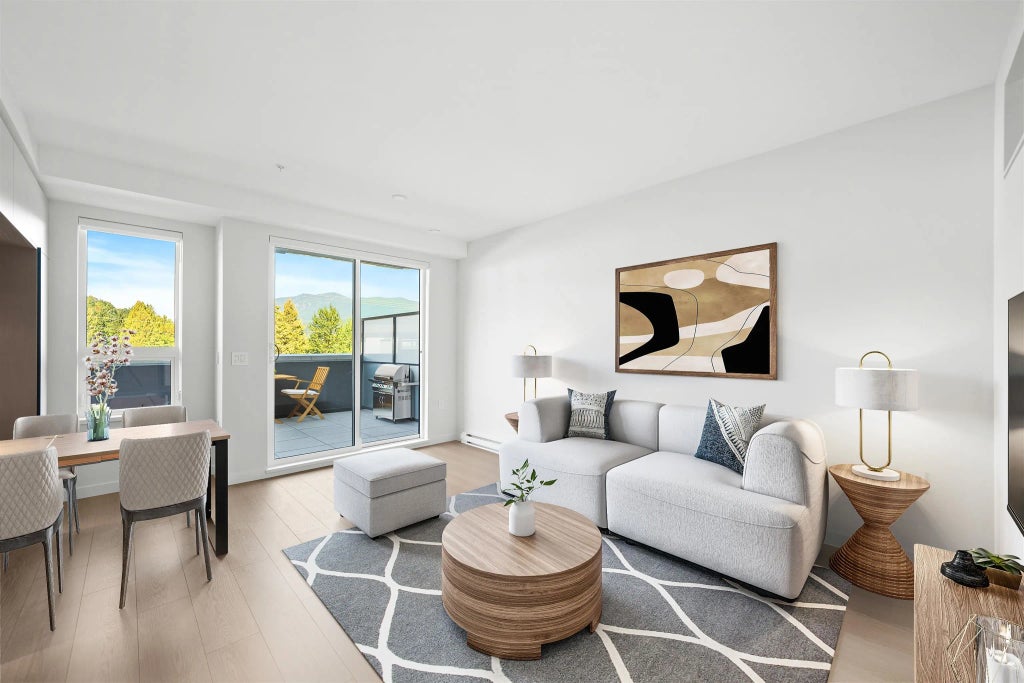
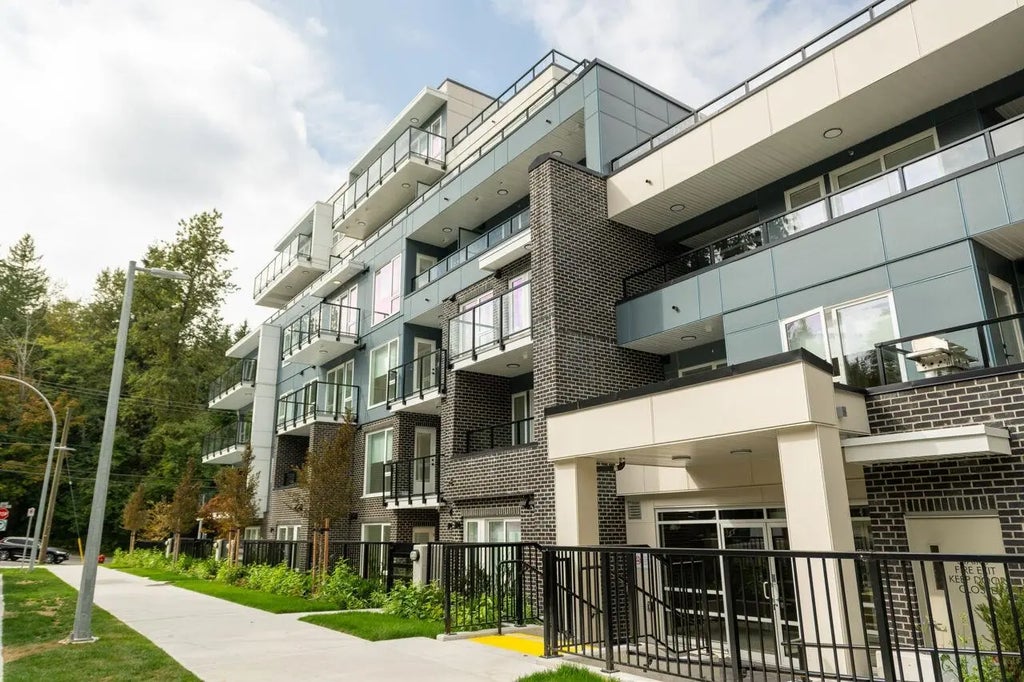
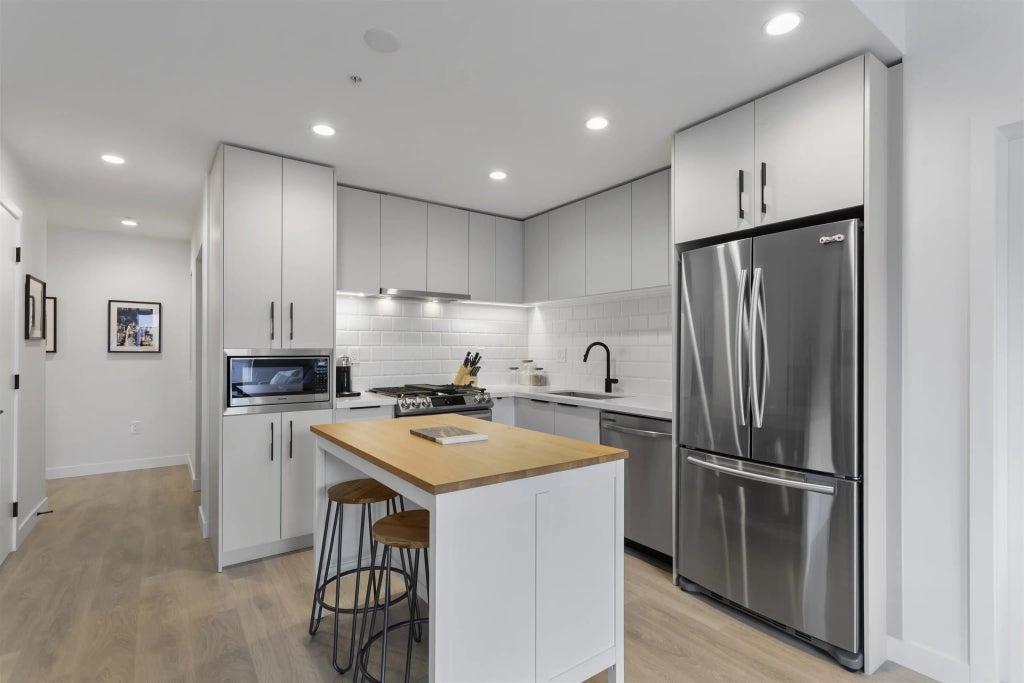
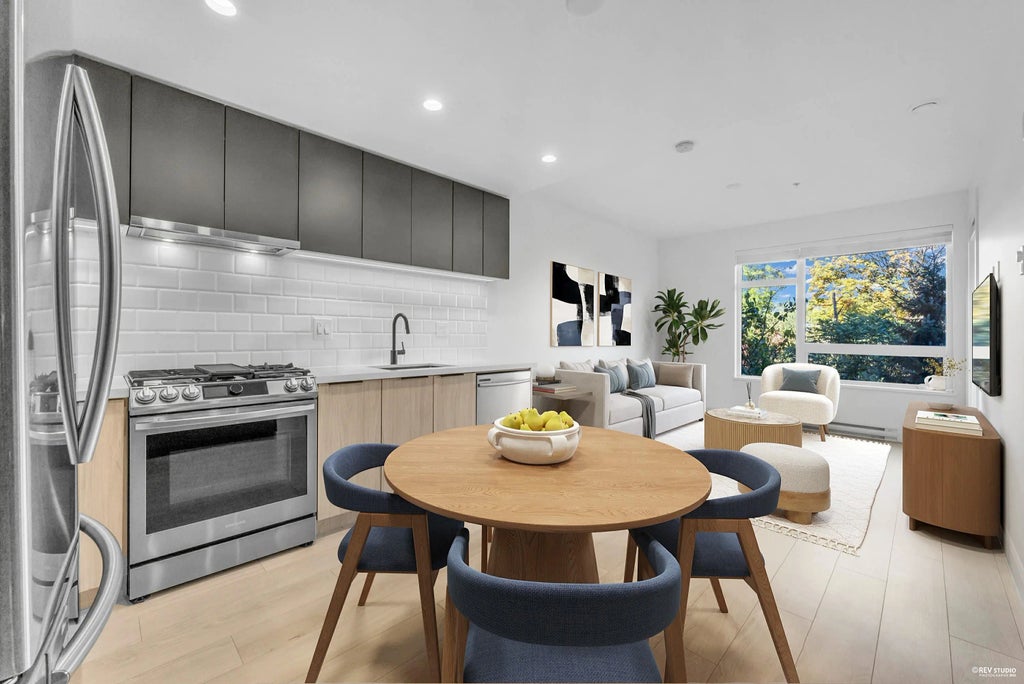
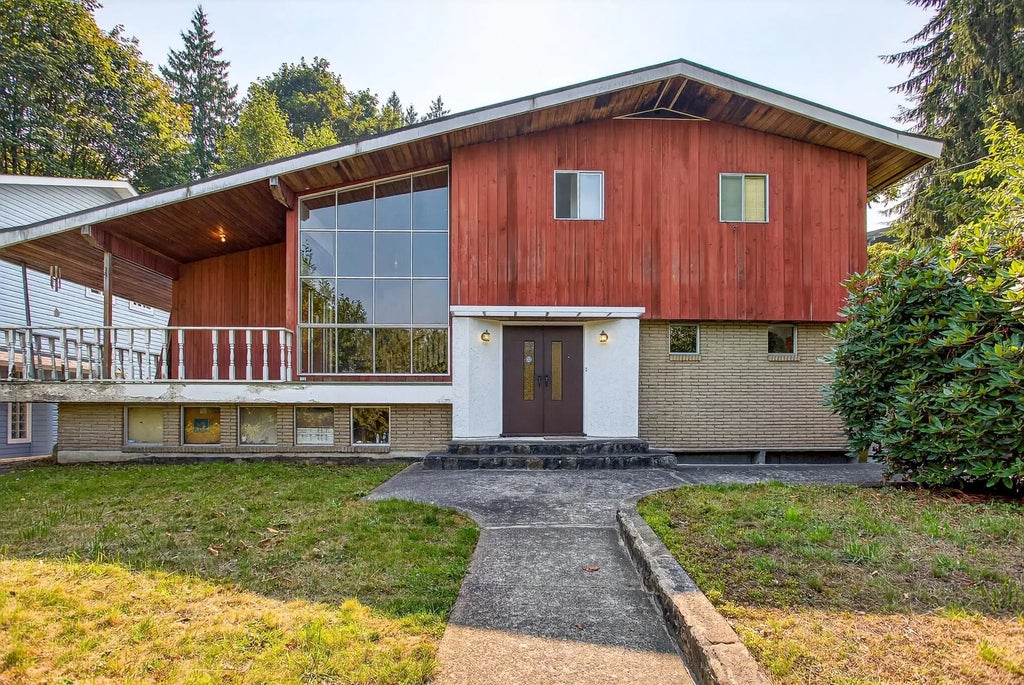
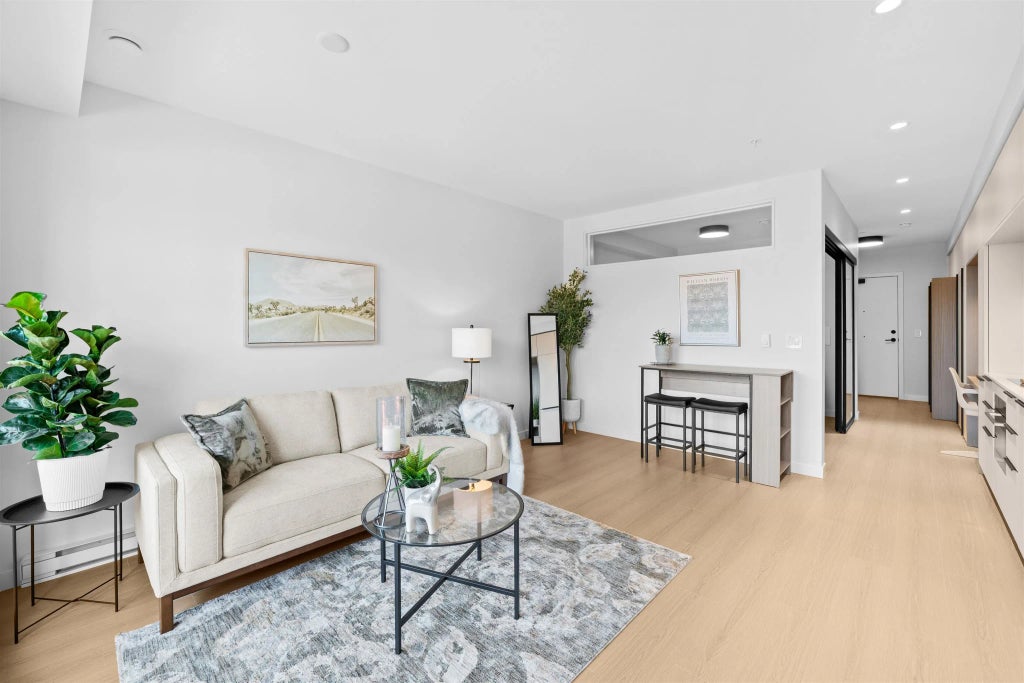

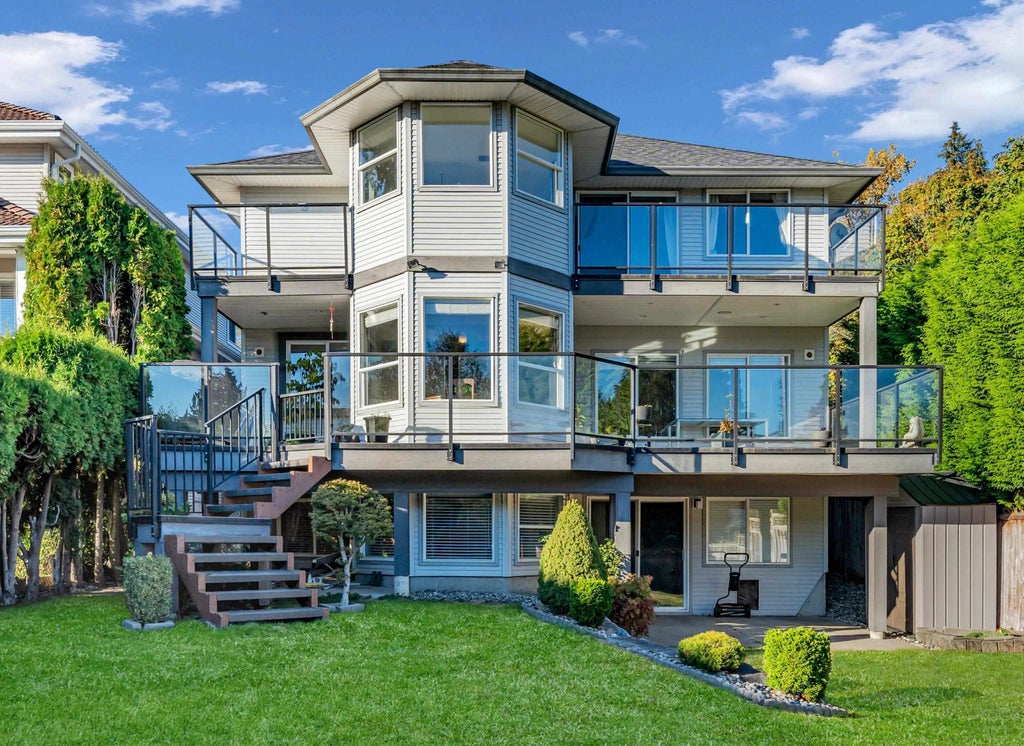
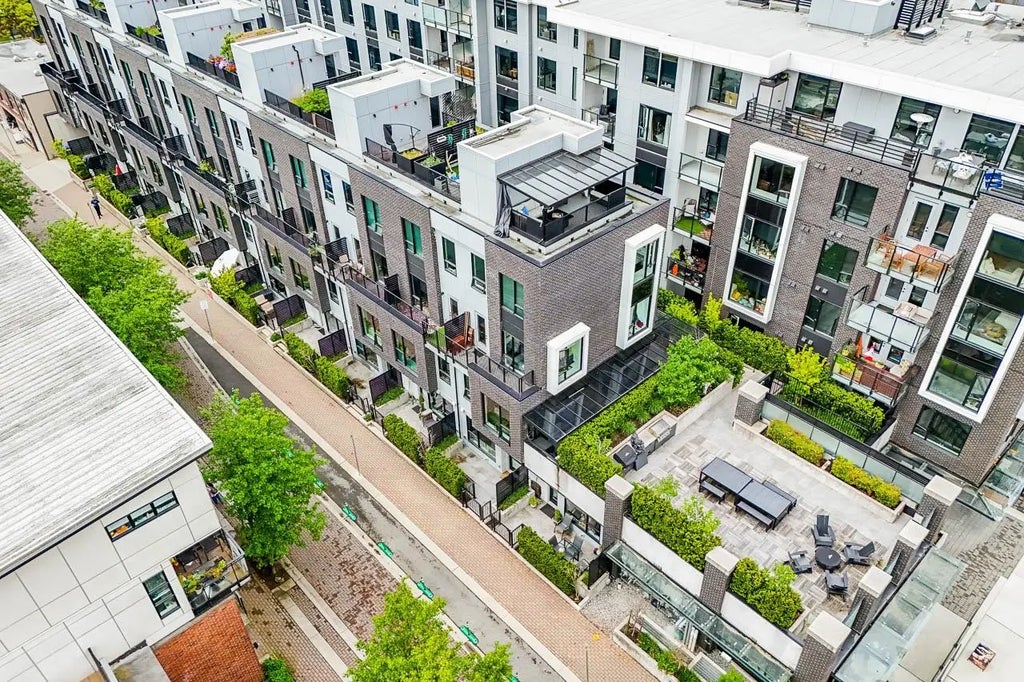
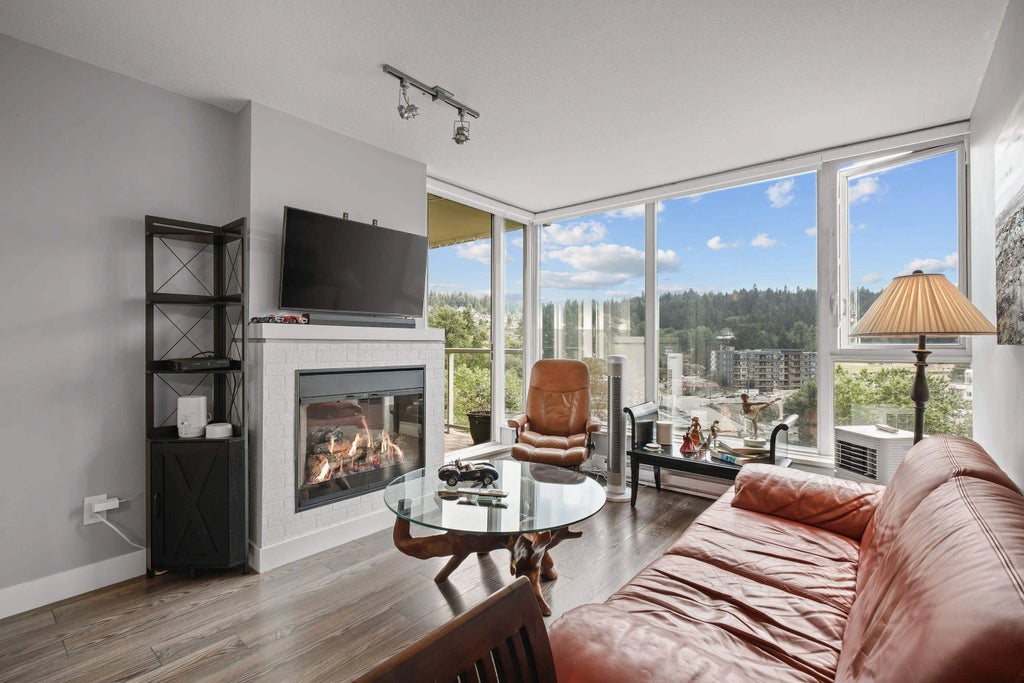
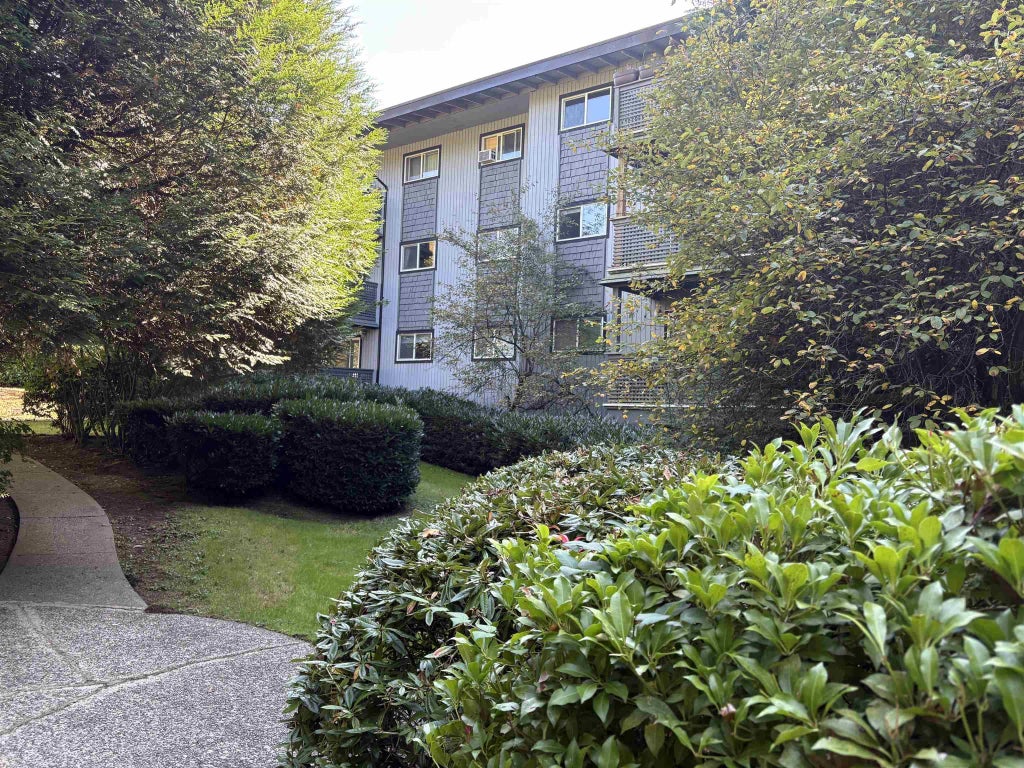
Leave A Comment